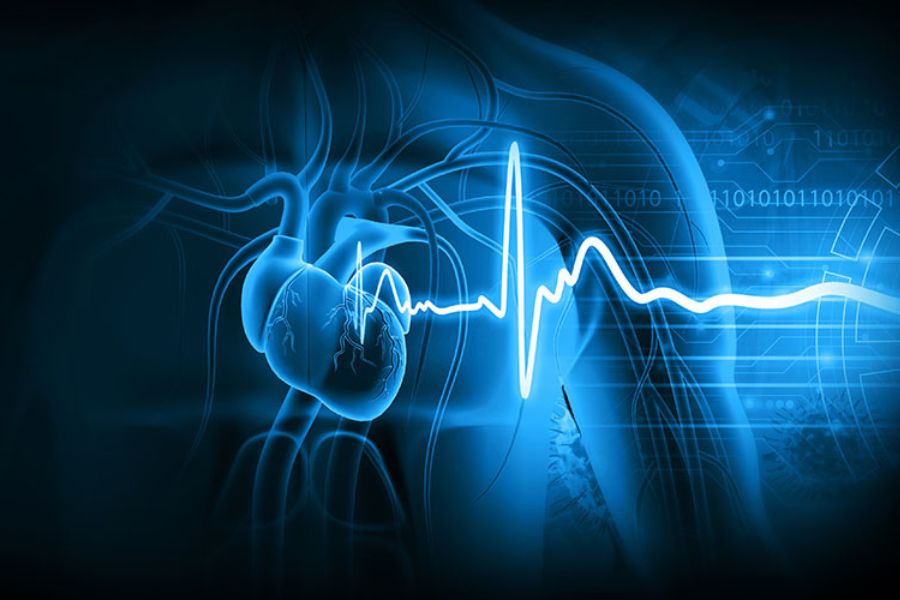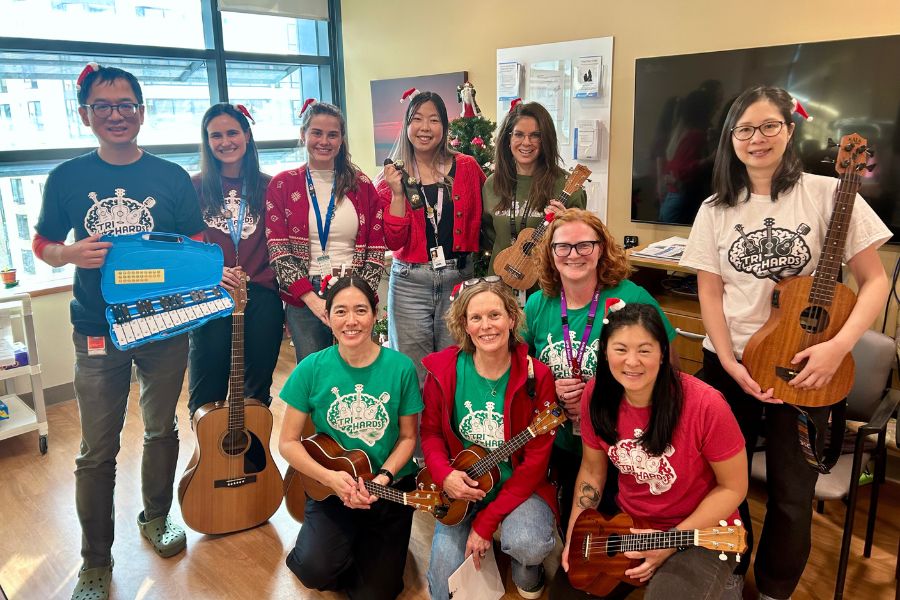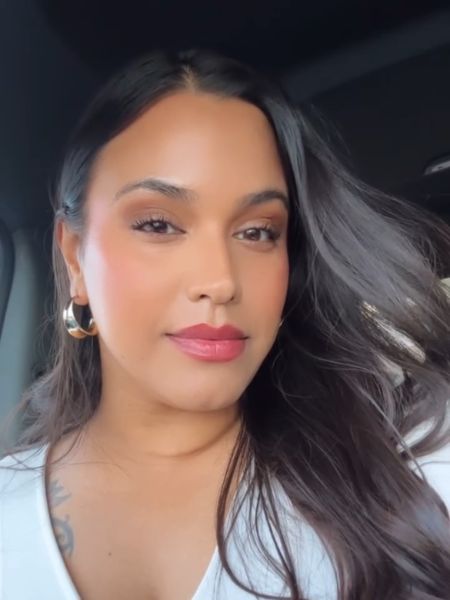
At 27, Vishma Sookdeo was a single mother raising her seven-year-old daughter while working in finance, a demanding life full of responsibilities and aspirations.
Everything changed dramatically the day she had a stroke.
“I had no idea what was happening,” she recalls. “I didn’t think someone my age could have a stroke.”
Vishma was rushed to UHN’s Toronto Western Hospital where doctors diagnosed her with a rare, life-threatening stroke caused by vasculitis, an inflammatory condition that weakened and ruptured blood vessels in her brain, causing bleeding and serious impairment.
“Vishma experienced a brain bleed which is uncommon in young adults,” says Dr. Aleksandra Pikula, one of the neurologists who first treated her, and Founding Director of UHN’s Sonshine Centre for Stroke Prevention and Cerebrovascular Brain Health.
In Vishma’s case, it was later attributed to a rare and severe form of vasculitis — a condition that causes inflammation and leaky blood vessels, says Dr. Pikula.
“Vasculitis affecting brain vessels is an uncommon cause of stroke, but it can be seen in younger adults,” she says.
The bleeding in her brain left Vishma in the Medical Surgical/Neuroscience Intensive Care Unit (MSNICU) at Toronto Western Hospital. She faced serious impairments, including vision loss in one eye, which made even simple daily tasks more challenging. The medical team administered immunosuppressive agents to stop the vessel inflammation and prevent further bleeding.
“After stabilizing her intracranial bleeding and treating the primary condition, Vishma was transferred to a regular stroke ward and then to rehabilitation,” says Dr. Pikula, who is also the Jay & Sari Sonshine Chair in Stroke Prevention and Cerebrovascular Brain Health at UHN.
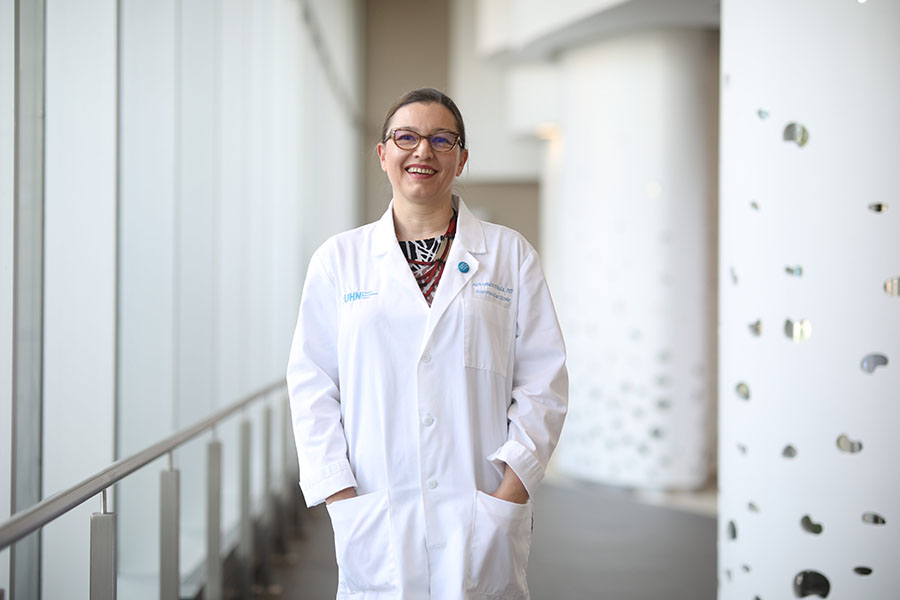
Today, nearly a decade after her stroke, Vishma is more than a survivor. She is a leader, partner and advocate helping transform stroke care for women at UHN and beyond.
June is Stroke Awareness Month in Canada. More than 100,000 strokes occur annually across the country, and this is a time to raise awareness about warning signs, preventative measures and recovery.
Across UHN, teams offer patients a comprehensive and coordinated approach to stroke care. At Toronto Western Hospital, Toronto Rehab and West Park Healthcare Centre, interdisciplinary teams play a vital role in stroke prevention, acute services, rehabilitation and community reintegration.
“We provide seamless, comprehensive stroke care involving a highly-specialized team of stroke experts including physicians, advanced practice nurses and allied health rehabilitation team members,” says Dr. Leanne Casaubon, a neurologist and Medical Director of the UHN Stroke Program. “We are a fulsome team that supports patients and their families through every stage of recovery — from the critical moments in acute care to personalized rehabilitation and the prevention of future strokes.
“Vishma was fortunate to receive this full spectrum of services, which played a crucial role in her journey toward healing and regaining independence.”
Road to recovery
“I’m so thankful to the doctors and teams at UHN, they truly cared,” Vishma says today. “They were present, they followed my case closely and they were genuinely amazed at how far I’d come.”
Vishma was left with loss of feeling in her hands and feet, significant weakness and partial vision loss after her stroke.
“I couldn’t feel my toes or fingers,” she recalls. “I remember trying to write something and it looked like a child’s handwriting.
“I couldn’t even grip a pencil.”
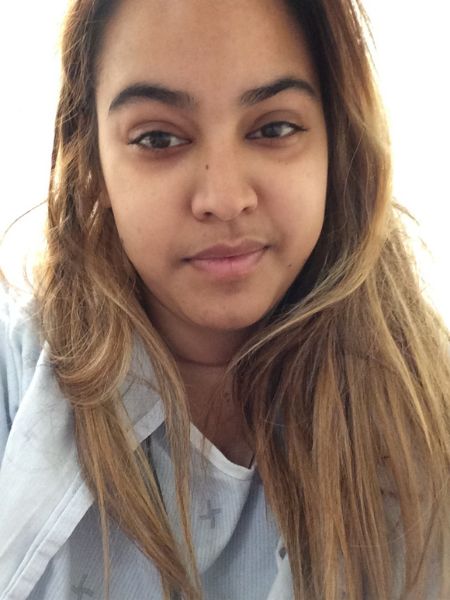
As an outpatient at UHN’s Toronto Rehab, Rumsey Centre, Vishma worked closely with a multidisciplinary team several times a week.
“Physiotherapy was helpful because they taught me how I could rebuild my strength and go back to functioning as normally as possible,” she says. “That was really important to me.”
With the help of occupational therapy, Vishma also tackled one of her biggest goals: regaining her independence and eventually her driver’s licence.
“We worked on how to cope with the visual field deficit; how to scan rooms, how to adjust to my new reality,” she says.Cognitive testing and group therapy supported her emotionally and mentally through the long journey. One occupational therapist, in particular, stood out.
“She really got me,” Vishma says. “She understood how frustrated I was and how much I just wanted to be better.
“I probably wanted to run before I could walk, but she stayed with me, step by step. I’m so grateful to her for that.”
Karen Beekenkamp, a social worker in the Stroke Outpatient Program at Rumsey Centre, and one of the team members who cared for Vishma, says such frustration is common among patients facing the challenge of dealing with a stroke’s impact, which often necessitates a change in mindset and behaviour.
“In a go-go-go society, slowing down and pacing ourselves is a hard thing to do, as is shifting the high expectations we have of ourselves to include new realities, like recognizing the impact of stroke on performance,” Karen says. “With stroke, putting in a lot of effort does not always result in achieving a lot of gains — it’s a frustrating process, for sure.
“Here, we like to treat the whole person — to help them address the physical, cognitive, communication and emotional changes that can occur after a stroke. As a team, we can help a person find a way forward.”
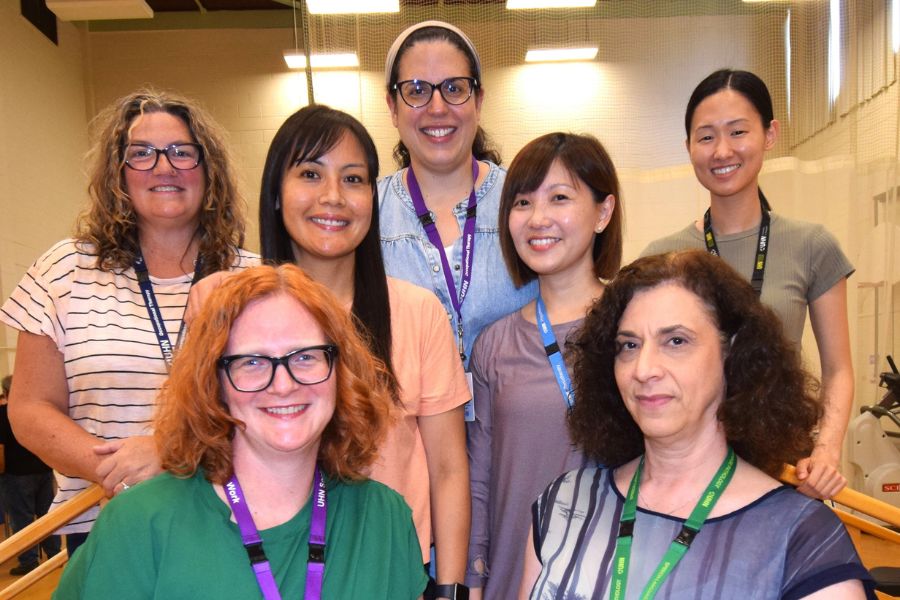
The Silent Burden on Women
Stroke disproportionately affects women in ways that extend beyond the physical symptoms. Women survivors often face caregiving pressures, emotional struggles and workplace challenges that complicate recovery.
“Women often face multiple roles as caregivers, professionals, and in many cases, single parents,” says Dr. Pikula. “Vishma’s story shines a light on these realities.”
Recognizing this gap, the Sonshine Centre developed the Women’s Post-Stroke Educational Toolkit, a resource designed to address the emotional, social, and practical challenges women face after stroke.
Vishma’s journey took a powerful turn when she was invited to become a UHN Patient Partner, a role that gives her a platform to share her story and help shape research, clinical care, and resources for stroke survivors.
“I was invited to participate in the Young Adult Stroke Needs Study early after my stroke by Dr. Pikula,” Vishma says. “Later, I joined the Know Brain Embrace Care study, which led to developing the Women’s Post-Stroke Educational Toolkit.
“Being part of this work gave me purpose and hope.”
Dr. Pikula, who also leads research on women’s brain health as Director of the Sonshine Centre, says Vishma, along with other women who experienced strokes, took part in several studies focused on post-stroke care and recovery for younger adult stroke patients, which explored post-stroke needs in recovery, prevention and care through various means, including focus groups.
“Their participation has been crucial in developing resources that genuinely address the realities of women recovering from stroke going beyond standard care practices,” says Dr. Pikula. “Their voices will help countless women navigating similar journeys feel seen, heard, and supported while learning to navigate what many describe as ‘Life 2.0.'”
UHN patients helping develop a new model for research and care
At UHN, and in collaborations with the Pride in Patient Engagement in Research (PiPER), patient partnership means collaborating with survivors such as Vishma as equals in the research process: helping define questions, design studies and translate findings into better care.
Vishma participated in Sonshine Centre’s project exploring young women’s post-stroke experience. Her insights helped uncover hidden needs often missed in clinical settings such as:
- The emotional rollercoaster of recovery, including anxiety and depression
- Challenges balancing parenting and self-care
- Navigating relationships and intimacy after stroke
- Navigating self-advocacy for invisible disabilities in the workplace
- Difficulties returning to work and regaining financial independence
- The importance of peer support and community connections
“The emotional impact was profound,” Vishma says. “Women often feel isolated after a stroke.
“What we need is tailored support, not one-size-fits-all.”
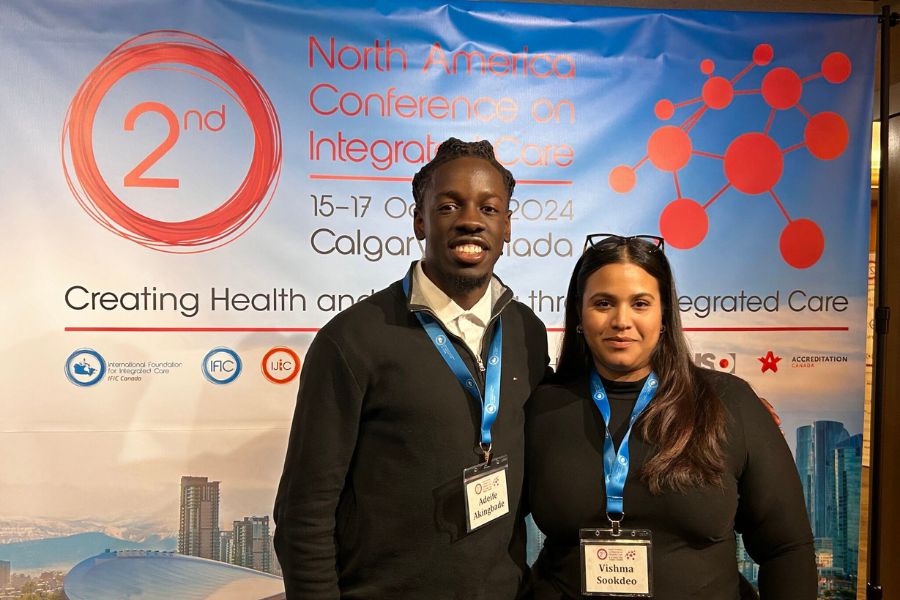
Shaping the Women’s Post-Stroke Educational Toolkit
The educational toolkit, co-created with Vishma and other patient partners, addresses these challenges through practical recommendations and guidance, emotional support tools and resource navigation that spans across 100 pages and in six separate modules on:
- Emotional wellness strategies specific to women
- How to explain stroke to young children and embrace parenting while recovering
- Information on sexual health post-stroke
- Step-by-step guidance for workplace re-entry
- Connections to peer support and community programs
- Impact of stroke and recovery on reproductive life and the menopausal transition
“A co-design process allows us and patient partners to ensure the toolkit encompasses elements typically overlooked in standard care communication,” says Dr. Pikula. “Their participation provided a patient-centered perspective, making the toolkit relatable, actionable and empathetic.”It’s a game-changer for stroke recovery developed for women by women that currently does not exist, and we hope it can help many.”
Vishma’s story exemplifies the evolving paradigm in healthcare where patients are partners.
“Her voice has made our research more nuanced and humane,” Dr. Pikula says. “Patient partnership enriches science and transforms care.”
For Vishma, the journey continues.
It reminds us that healing is not only about medicine but about listening, understanding and walking together toward a future where no stroke survivor is left behind.
“I’m grateful for the care that saved my life,” she says. “But I’m even more passionate about helping others recover fully — body, mind and spirit.”
By Sissi Wang

No one ever changed the world on their own but when the bright minds at UHN work together with donors we can redefine the world of health care together.

